Feature
A festival on the move: Ton Koopman’s Itinéraire Baroque in the Périgord
Share this
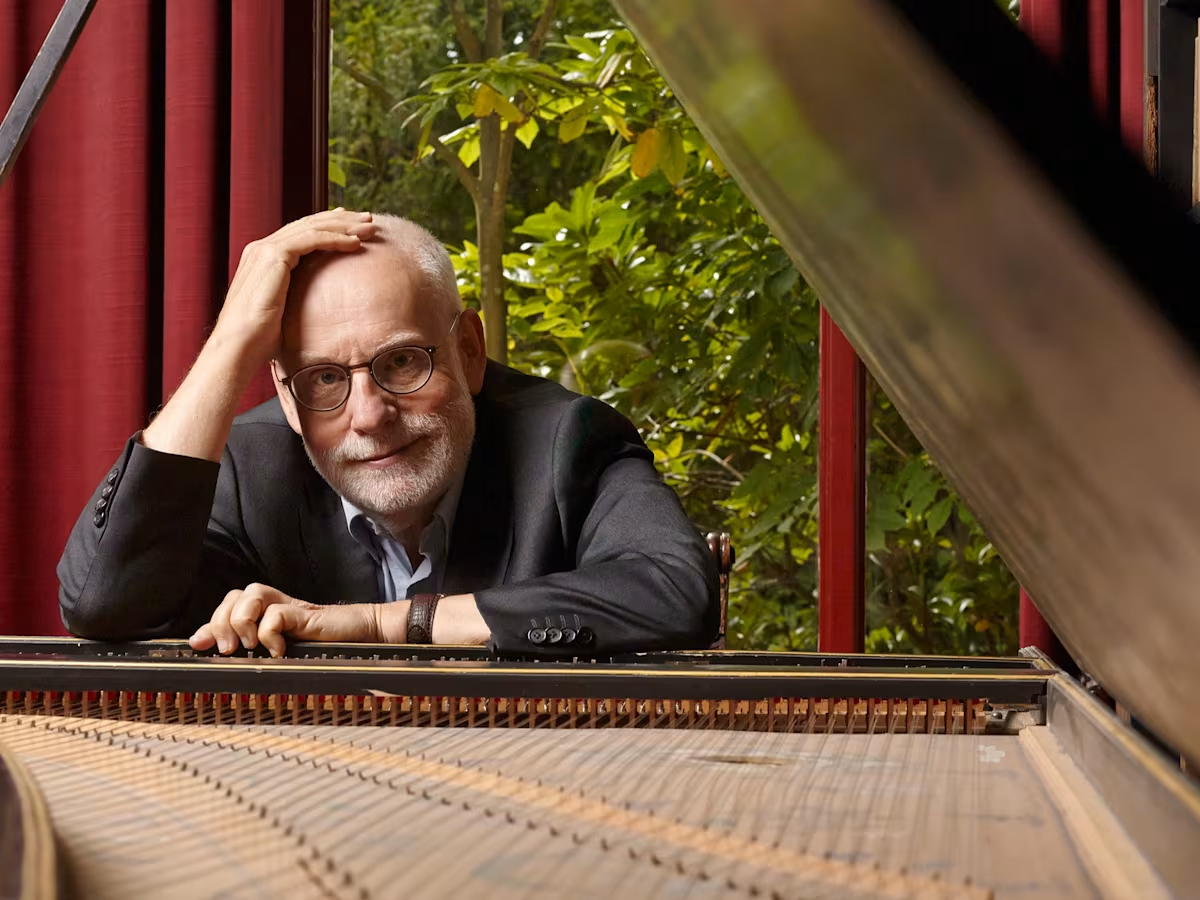
BY SIMON MUNDY | FIRST PUBLISHED 23 JULY 2025
What could be more pleasant than spending a summer Saturday wandering between early mediaeval churches in the Dordogne listening to fine music? That was the inspiration over 20 years ago for the Itinéraire Baroque. The catalyst was the presence in the Périgord Vert of Ton Koopman, the founder of the Amsterdam Baroque Orchestra & Choir, and one of the great experts on Bach and Buxtehude. ‘My wife Tini and I bought a house here, and it was lovely, but it needed restoring carefully with full attention to its heritage. We were treated so well by everyone locally that I felt I should give something back. This area is very rural and does not have the majestic castles and strategic crusader fortresses of the Loire. But in Périgord Vert we have all these small churches from the 12th and 13th centuries that were never being used except for funerals. I felt strongly that they needed to have a new life.’
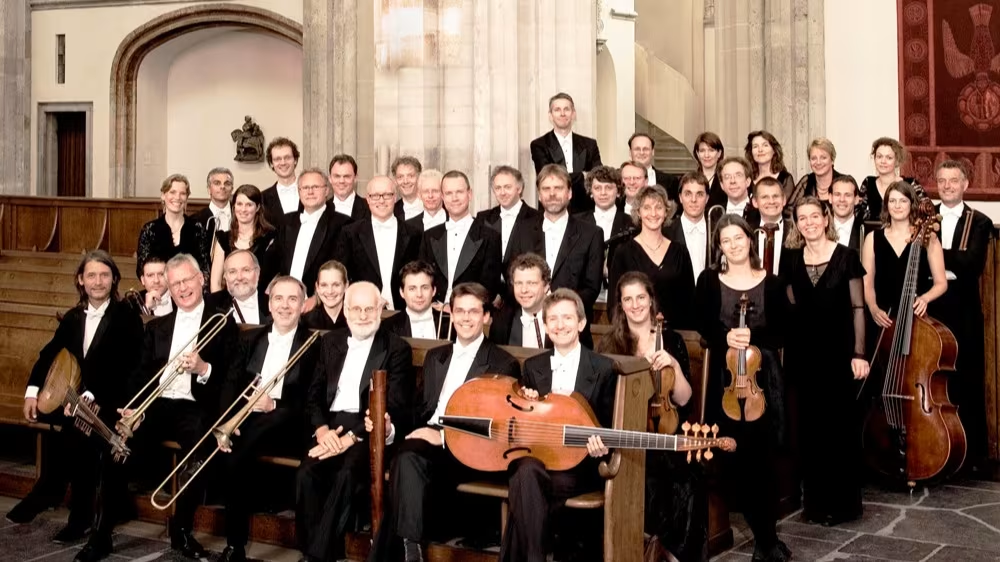
The premise is simple. None of the churches are large enough to hold a substantial audience, so the musicians play their programme of about an hour four times during the day, and there are four churches to be visited during the festival. The audience progresses from one to another. Ton tells me that on the main day of the festival, ‘the audience travels, then joins together again between the second and third concerts in the gardens of a château for drinks and lunch. At the end, the groups come together for a concert in the open air at the Château de la Vassaldie, usually of Renaissance works; then there are more drinks and a dinner. I don't choose the churches. I started the festival with a Paris psychologist, and we founded a group with a local lawyer who rides motorcycles. After every concert, he gives a talk. On the ticket, you follow the colour of the motorcyclist. Every year we go to different churches – for example, next year we will only go to churches with frescoes.’
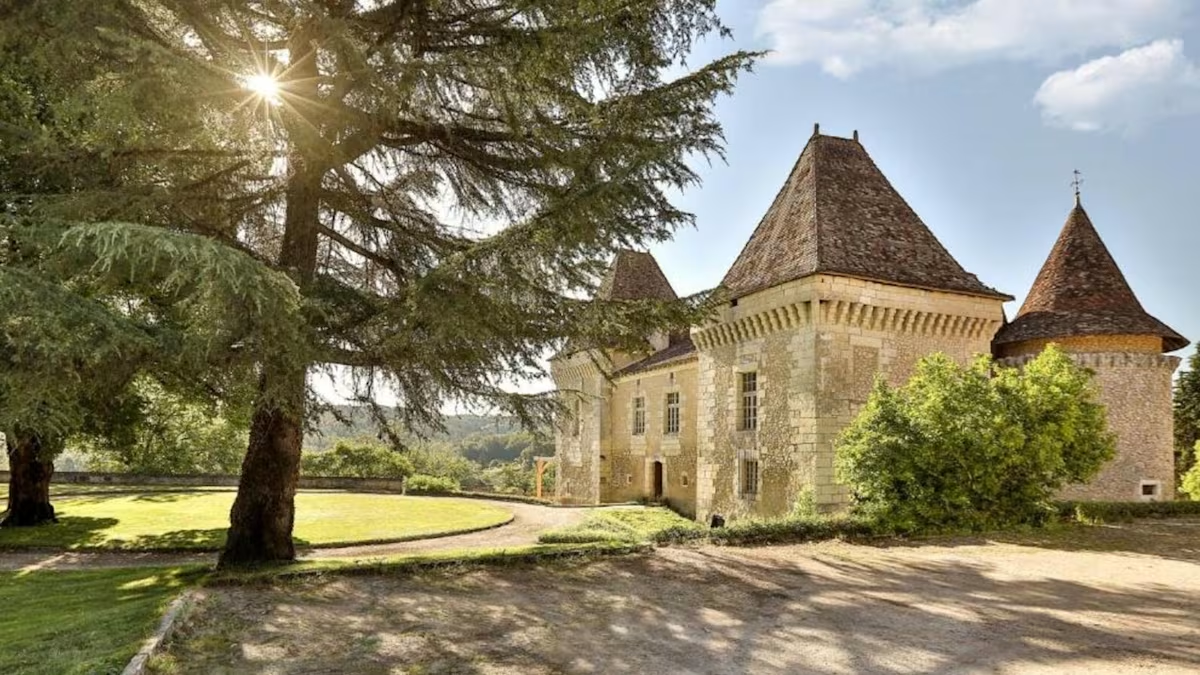
Since the first festival 24 years ago, it has expanded beyond that Saturday itinerary to a long weekend – this year there is an opening concert with A Nocte Temporis on Thursday 31 July in Périgueux's Église Saint-Étienne-de-la-Cité with cantatas, including Pyramus & Thisbe (but without Shakespeare’s ‘Wall’), by Louis-Nicholas Clérambault (1676–1749). The evening before, there is a comedy-ballet by Molière with music by Lully in the Château de Belet, and the festival ends on Sunday 3 August. On Friday 1 August, there are several concerts, but also a lecture-recital led by Ton Koopman, a conference on the architecture of the area, and – for 12 hours from 11am in the village of Rochebeaucourt – a ‘Baroque Café and Marché Gourmand’, which rather whets the appetite. Naturally in the Dordogne, festive early music is interspersed with good food and wine. After the Saturday peregrinations (2 August) to five different churches and the Château de la Vassaldie, the festival finishes on Sunday afternoon (3 August) back in Périgueux with Ton directing the Amsterdam Baroque Orchestra in Bach’s Orchestral Suites.
Air from JS Bach’s Orchestral Suite No. 3 in D, BWV 1068 | Amsterdam Baroque Orchestra | Ton Koopman
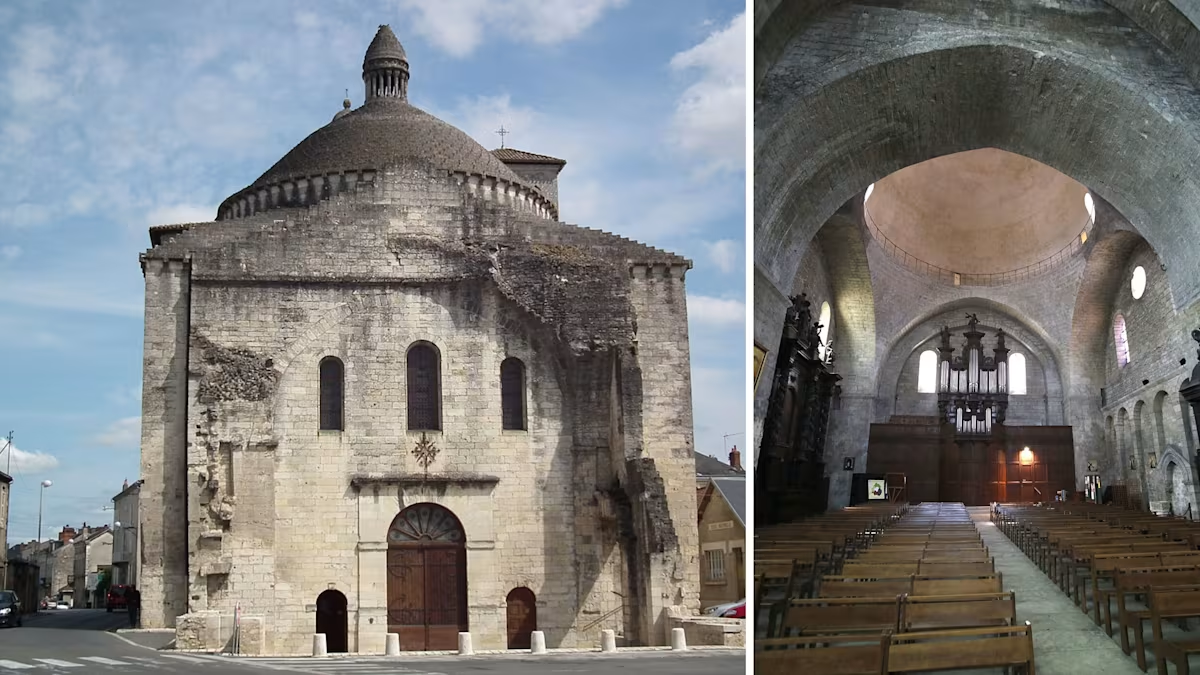
Hospitality for visitors is not lavish. The Dordogne is not a place of fancy resorts. ‘We have very few hotels in the area,’ says Ton, ‘but a lot of bed-and-breakfast rooms. That means there are plenty of visitors who then go to the local restaurants. We have buses coming from Holland and Belgium.’ Ton Koopman's own appearances in the festival have become fewer over the years. ‘When we started, I played in six concerts, but now I only give the lecture, and direct the big final concert on the Sunday. That at least means that I can go to some of the concerts. I have to miss Saturday afternoon to rehearse. Next year, our 25th anniversary, we will do Bach's St Matthew Passion. I work gratis, so this leaves some money free for young groups across the four days. We have some known artists, some unknown.’

The shift of emphasis from famous to emerging performers has not harmed the number of listeners. ‘At the beginning, we had some Saturday concerts with 60 people in the audience, some with eight. Now we rarely have less than 120.’ Ton is rightly proud of the way the festival has not only grown in size but has had a lasting impact on the life of the area. ‘We have other days through the year where now the concerts are full, doing Early Music. There are local schools having lessons in it now, and that way the children influence the parents. The other great thing is that as a result of the festival, many of the churches have been restored.’
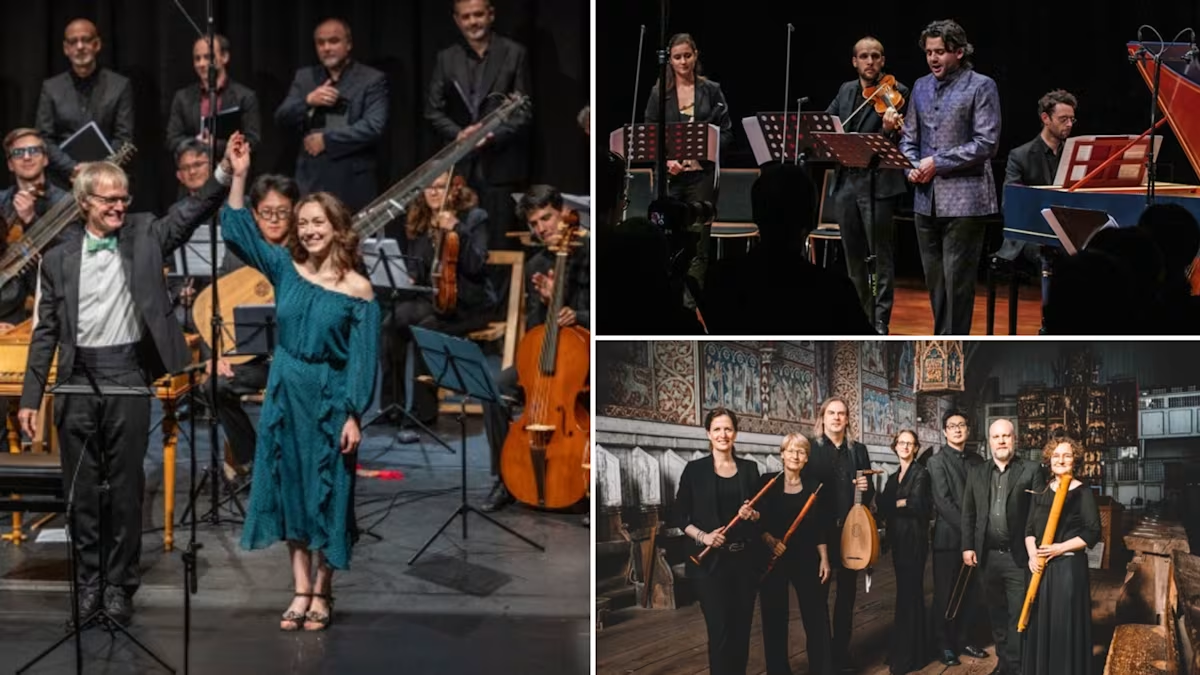
Ton has been at the centre of the Early Music scene for over half a century. ‘I’m still as busy as ever. The Amsterdam Baroque Orchestra & Choir gets no subsidy, and hasn’t for the last 15 years, which is so unfair. I finance it by conducting a lot of modern orchestras, as in Japan, where I will be conducting the NHK Orchestra, and I’ll conduct the Messiah in Washington in December. We’re going to Japan after the festival, so we are having five weeks of holiday now. I’m doing organ recitals, of course, and I’m very involved in organ restoration. There is a major project to reconstruct the organ in Lübeck, which Buxtehude played, that was destroyed during the Second World War. I’m President of the International Dieterich Buxtehude Society as well as the Bach Archive in Leipzig. Ton admits that 'it's much easier to raise money for Bach projects than for Buxtehude’ but his enthusiasm and determination are undiminished.
The 24th edition of Festival Itinéraire Baroque will take place between 31 July and 3 August 2025. Day tickets and tickets for individual events can be booked here.
Share this
Keep reading
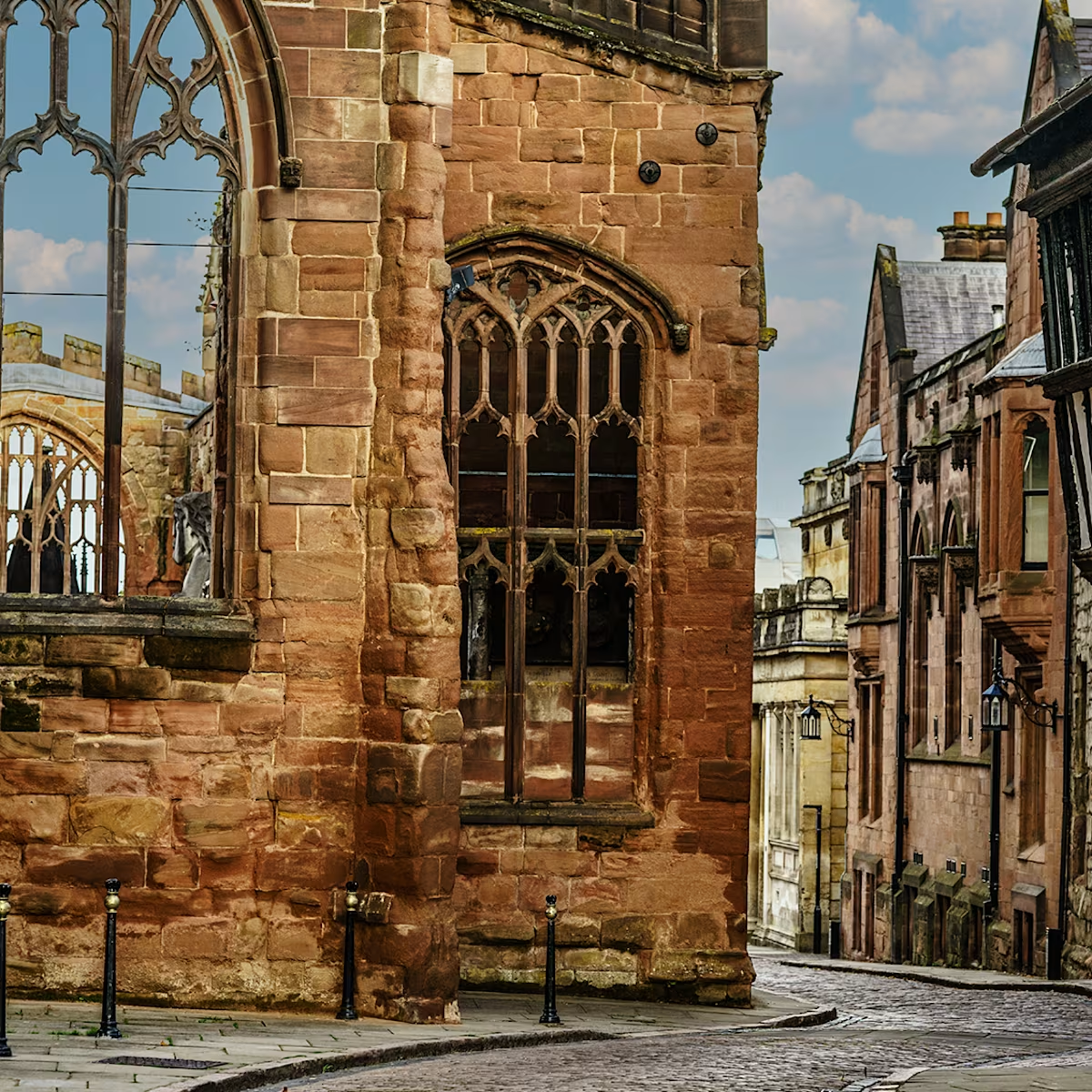
Historical performance in a virtual space
In September 2025, the Aural Histories project (funded by the Arts and Humanities Research Council) launched Aural Histories: Coventry.
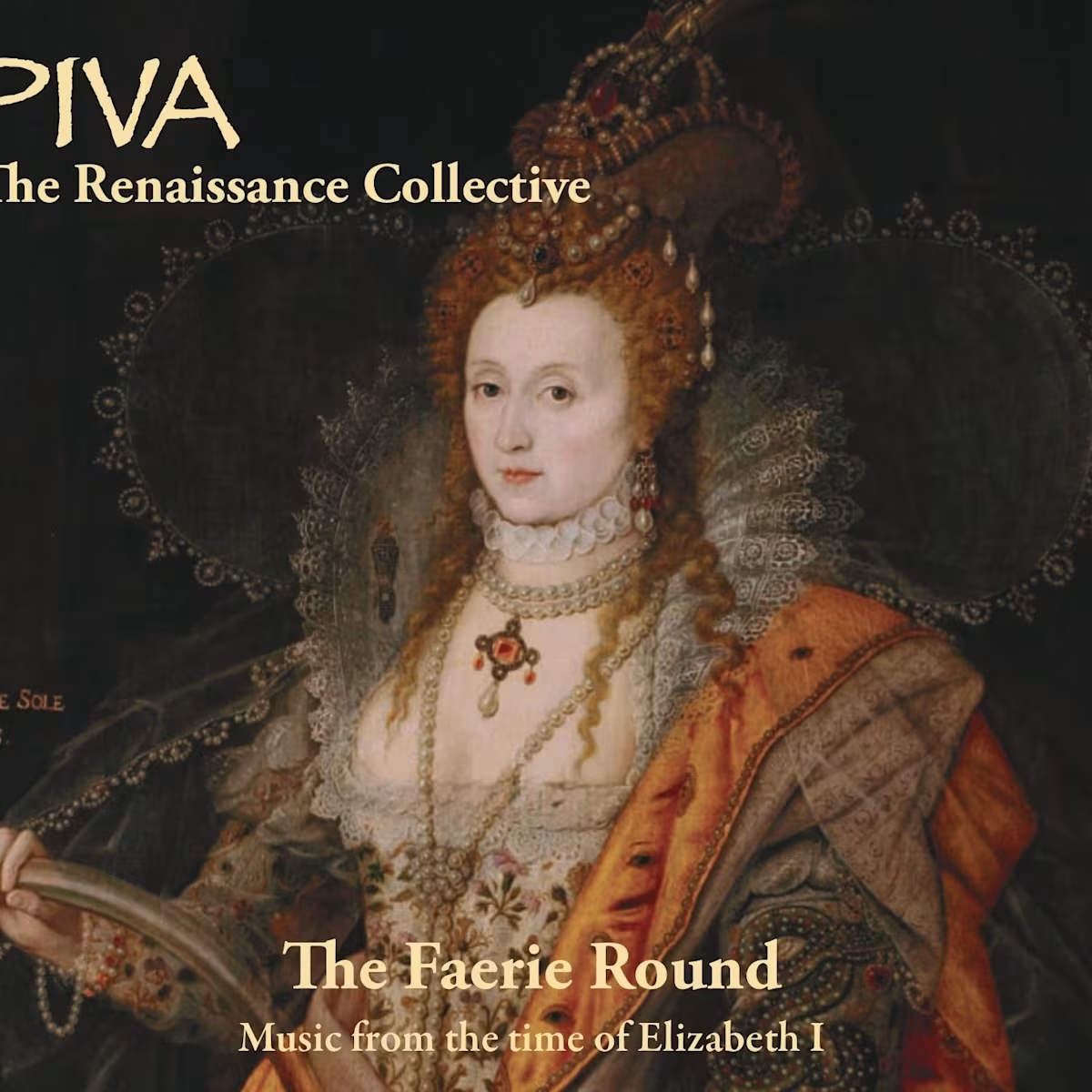
The Faerie Round: Music from the time of Elizabeth I
PIVA – The Renaissance Collective’s third album features dance and ballad music from late Elizabethan England.
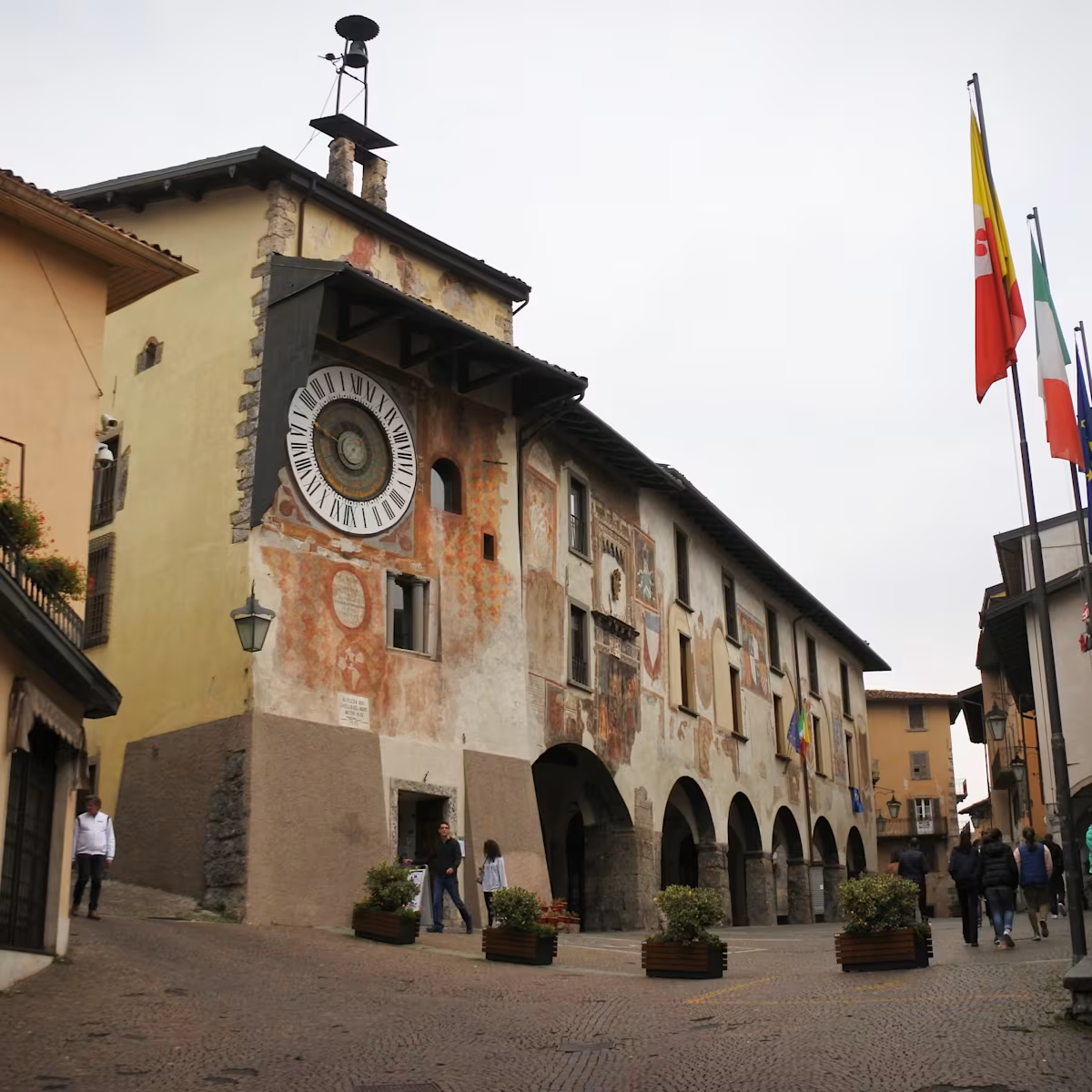
Legrenzi: A forgotten genius full of surprises
In the town of his birth, the Musica Mirabilis ‘Giovanni Legrenzi’ Festival revives the legacy of a composer who links Renaissance polyphony with Baroque drama.

